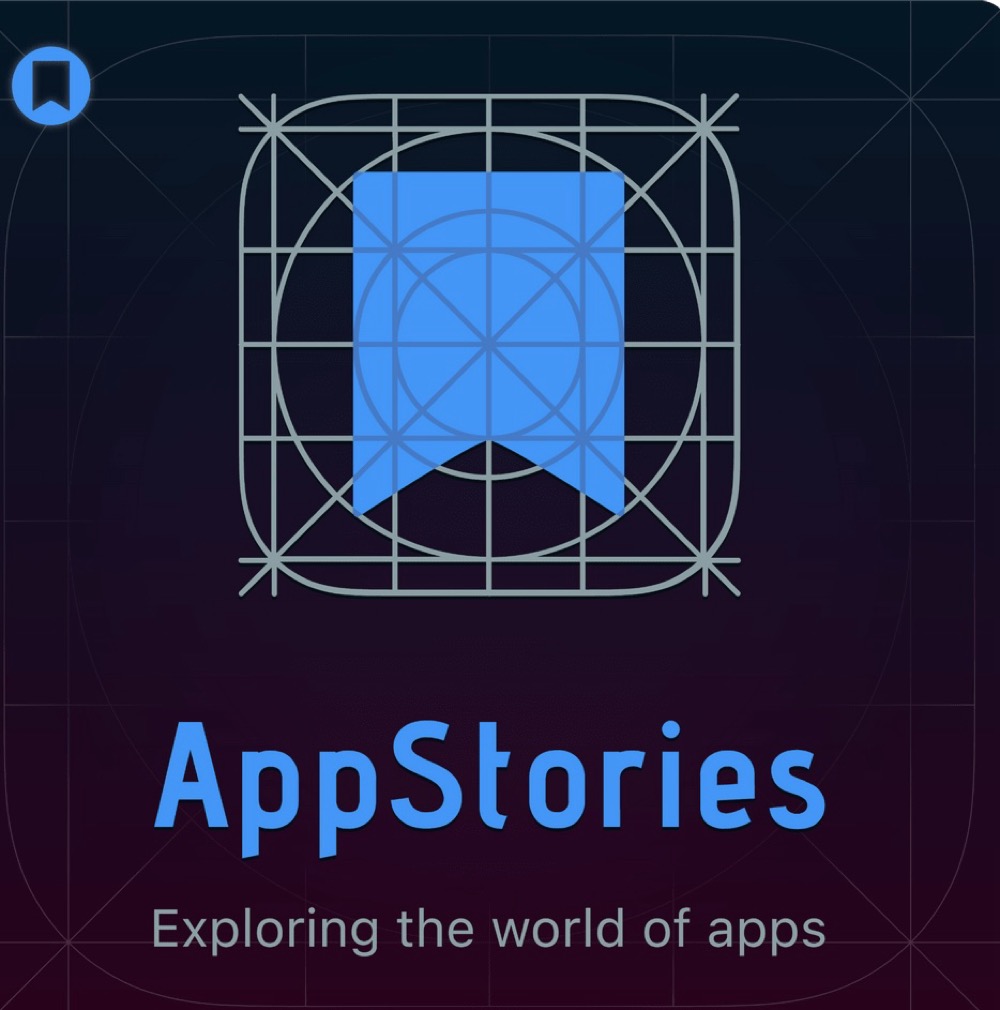Let me offer a few suggestions.
First, it is important to embrace AI with purpose. We must understand it as a tool for enhancing, not replacing, human interaction. We should ask which aspects of our work could benefit from the automation that AI provides. Could the efficiencies provided by AI free up time to spend in conversation? Instead of spending time in the office doing administrative work, could we be freed to take more walks and engage in more one-on-one interactions? More conversations around AI could prove to be helpful among pastors. Let’s share ideas, concerns, potential uses, and areas we should protect from AI. Could there be a best practices guidebook for pastors and AI? In what ways might we establish accountability among pastors as ever-increasing temptations to replace our ministry with AI surface?
Secondly, we must provide education and training for ministry leaders in the realm of Artificial Intelligence. AI technology is evolving and changing at rapid rates. Ministry leaders must be equipped with the knowledge to make informed decisions about AI. It is important to encourage a culture of continuous learning regarding these technologies. Clergy groups, colloquiums, and denominational gatherings could all serve as important centers of dialogue around AI. Let’s keep talking and sharing ideas with one another.
Finally, let’s land on a few basic points as we conclude this short series of posts:
- AI is an aid to human-driven ministry. We must not let it overstep the boundaries of what God has called us to do in ministry.
- May we begin to create ethical roadmaps for the use of Artificial Intelligence.
- Let’s work together for transparent, accountable use of AI in our work. As resources develop, may we carefully delve into them together, keeping a close eye on our theological framework of humanity and the practical uses for ministry.
May God give us the wisdom and discernment to learn, grow, critique, and utilize the tools given to us in our time.




